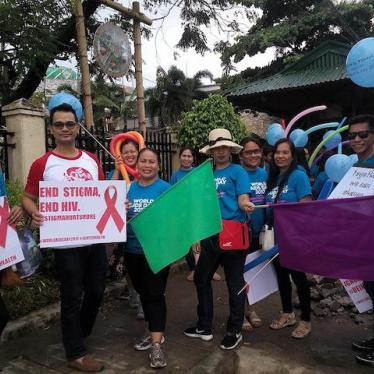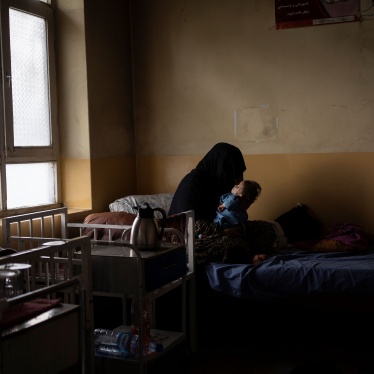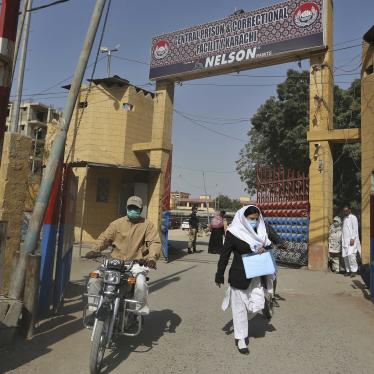The Philippine Senate passed a bill on Monday that would amend the country’s 20-year-old AIDS law, and which promises to improve the government’s response to the HIV epidemic, the fastest-growing in the Asia-Pacific region. The draft law, which still needs to be harmonized with the version the House of Representatives passed in December, outlines a rights-based response to the epidemic.
The proposed law will provide more resources to the Philippine National AIDS Council, the government’s main policymaking body on HIV/AIDS. It lowers the age young people can be tested for HIV without parental consent from 18 to 15 years. It prohibits discrimination against people with HIV in the workplace and other settings. It makes it unlawful to disclose the HIV status of an individual without their consent. And it makes age-appropriate sex education in schools compulsory.
In short, the draft law is a marked improvement over its antiquated predecessor. But like its predecessor, the measure does not include specific provisions directing the government to promote condom use. This is a big mistake.
An improved official response to the epidemic is crucial. The government itself has declared the HIV epidemic a national emergency. The United Nations program on HIV/AIDS, known as UNAIDS, has determined that over the past six years, the Philippines has had a 140 percent increase in the number of new infections. Low condom use has been identified as the main reason HIV has exploded in the Philippines in the past decade. A 2016 Human Rights Watch report documented the government’s failure to conduct national campaigns to promote condom use. In February, the new UNAIDS country director for the Philippines announced that advocating condom use and comprehensive sex education were key planks in the agency’s strategy.
The failure to make promotion of condom use an official government priority reflects a damaging defeat by the ideological biases of conservative lawmakers and the Catholic Church over proper public health practice. Condoms, when used properly, are scientifically proven to be one of the best methods to prevent HIV transmission. Unless that message is integrated into the new AIDS law – perhaps during the harmonizing of the two congressional versions, or during the drafting of implementing rules and regulations – the struggle to contain the epidemic will get even tougher.











